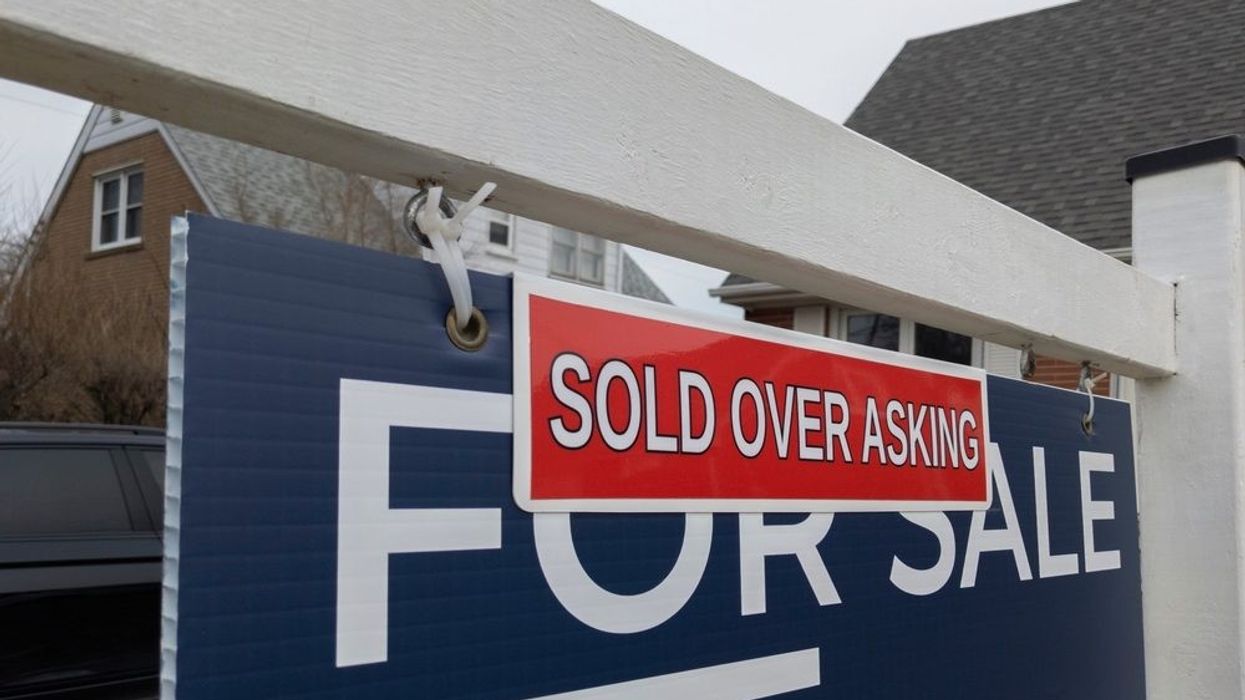As it turns out, Canadians are hanging their hopes on the housing market.
The latest Bloomberg Nanos Canadian Confidence Index (BNCCI) reveals that consumer confidence hit a six-month high in February. The sudden burst of optimism is attributed to “improving positive views on the future value of real estate.”
A collaboration between Bloomberg and Nanos Research, the BNCCI captures how Canadian consumers are feeling about personal finances, job security, the economy, and real estate prices, with 250 Consumers polled on a weekly basis.
The BNCCI climbed to 47 on Friday, up from 45.7 the week prior and 45.3 on January 20, shortly before the Bank of Canada indicated a pause on the aggressive rate hike cycle it kicked off last March. The average for the BNCCI since 2008 has been 55.85, including a low of 37.08 in April 2020 and a high of 66.42 in July 2021. The index has averaged 45.83 this year.
“Consumer confidence rose to the highest level since the end of September as more Canadians see real estate values rebounding after the central bank conditionally halted its interest-rate hikes,” writes Randy Thanthong-Knight in a post for Bloomberg News. “Improvements in sentiment point to expectations of an imminent recovery Canada’s housing market, which saw benchmark real estate prices plunge 15% from last year’s peak as higher rates squeezed buyers. More than a quarter of respondents now expect prices to rise in the next six months, the highest proportion since September -- though still below historical averages.”
The index also reveals that recession fears are also abating. Around 48% of consumers say that they expect the economy to weaken in six months' time. That figure is down from close to 64% in November.
GTA Housing Market Showing Signs of Life
In the GTA, there are some signals that the market is indeed rebounding, which could be telling that an uptick in consumer confidence is well-founded.
Data released Friday from the Toronto Regional Real Estate Board (TRREB) revealed that the average selling price in the region hit $1,095,617 in February, up 5.5% compared to January’s average of $1,038,668.
TRREB also reports that just 8,367 new listings hit the market in February, a 40.9% decline from the year prior. However, low listings combined with an increase in “buying intentions” is expected to bode well for sellers.
“Recently released Ipsos polling suggests buying intentions have picked up for 2023,” said TRREB Chief Market Analyst Jason Mercer. “This increased demand will run up against a constrained supply of listings and lead to increased competition between buyers. This will eventually lead to renewed price growth in many segments of the market, especially those catering to first-time buyers facing increased rental costs.”





















